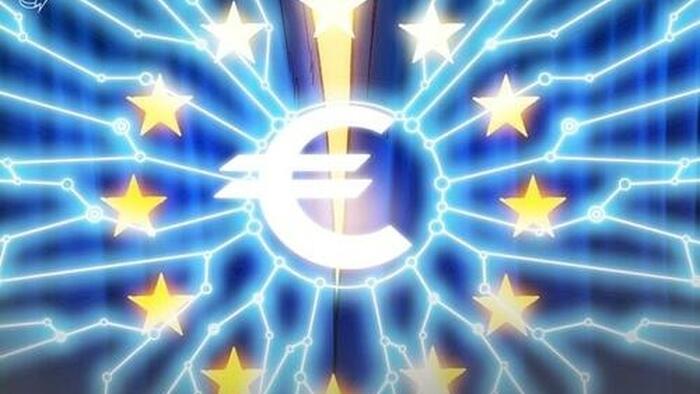🚨 Quick Summary
- The European Central Bank (ECB) is pushing to create a “Digital Euro”—a government-controlled digital currency.
- Critics argue it’s a power grab disguised as modernization, giving the ECB unprecedented control over transactions.
- Risks include threats to privacy, sidelining traditional banks, and potential misuse to manage economic crises.
What is the Digital Euro?
Imagine cash, but entirely digital and controlled by the ECB. Unlike regular money:
- Centralized Control: The ECB could track every transaction and even program money with rules (e.g., expiration dates or spending limits).
- Impact on Banks: Commercial banks might become powerless middlemen, handling only distribution instead of loans or services.
- Privacy Concerns: The ECB claims it’ll protect privacy, but critics worry about surveillance (e.g., “a digital panopticon”).
Why Now?
Europe’s economy is struggling:
- Debt Crisis: Countries like Italy and France owe over 120% of their GDP. ECB fears a collapse if investors flee the euro.
- Control Tool: A Digital Euro could let the ECB “close the gates” during crises—blocking capital flight by restricting digital money movements.
- Global Race: The ECB wants to compete with China’s digital yuan and private options like crypto “stablecoins.”
Key Concerns
- Loss of Freedom: Programmable money = control over how/when you spend. (Example: Governments forbid buying certain goods.)
- Banking Upheaval: Traditional banks could lose their role, risking instability.
- Security Risks: Hacker threats are downplayed, but a centralized system is a juicy target.
- Democracy Deficit: The ECB isn’t elected—should it wield this much power?
The Bigger Picture
- EU vs. US: Unlike the U.S. (which rejects CBDCs), Europe risks isolation by pushing a system critics call “digital authoritarianism.”
- Cash Survival: The ECB claims cash will stay, but a Digital Euro could phase it out quietly.
- Trojan Horse? Promoted as “convenient,” it might enable unseen control—like a gift that spies on you.
Stay Informed, Stay Skeptical
The ECB’s “interaction platform” for feedback is open, but critics call it a PR stunt—only pre-selected experts can participate. Major questions about privacy, power, and democracy remain unanswered.
💡 Bottom Line: The Digital Euro isn’t just about payments. It’s a battle over who controls money—and by extension, freedom.
